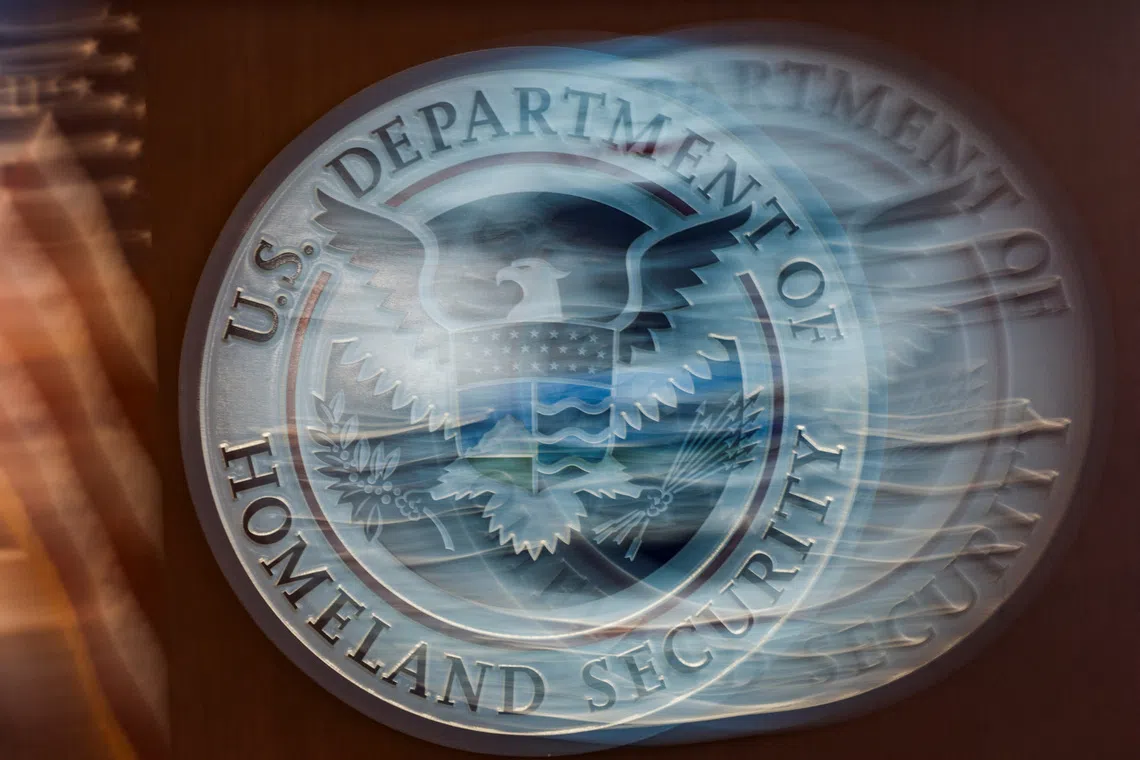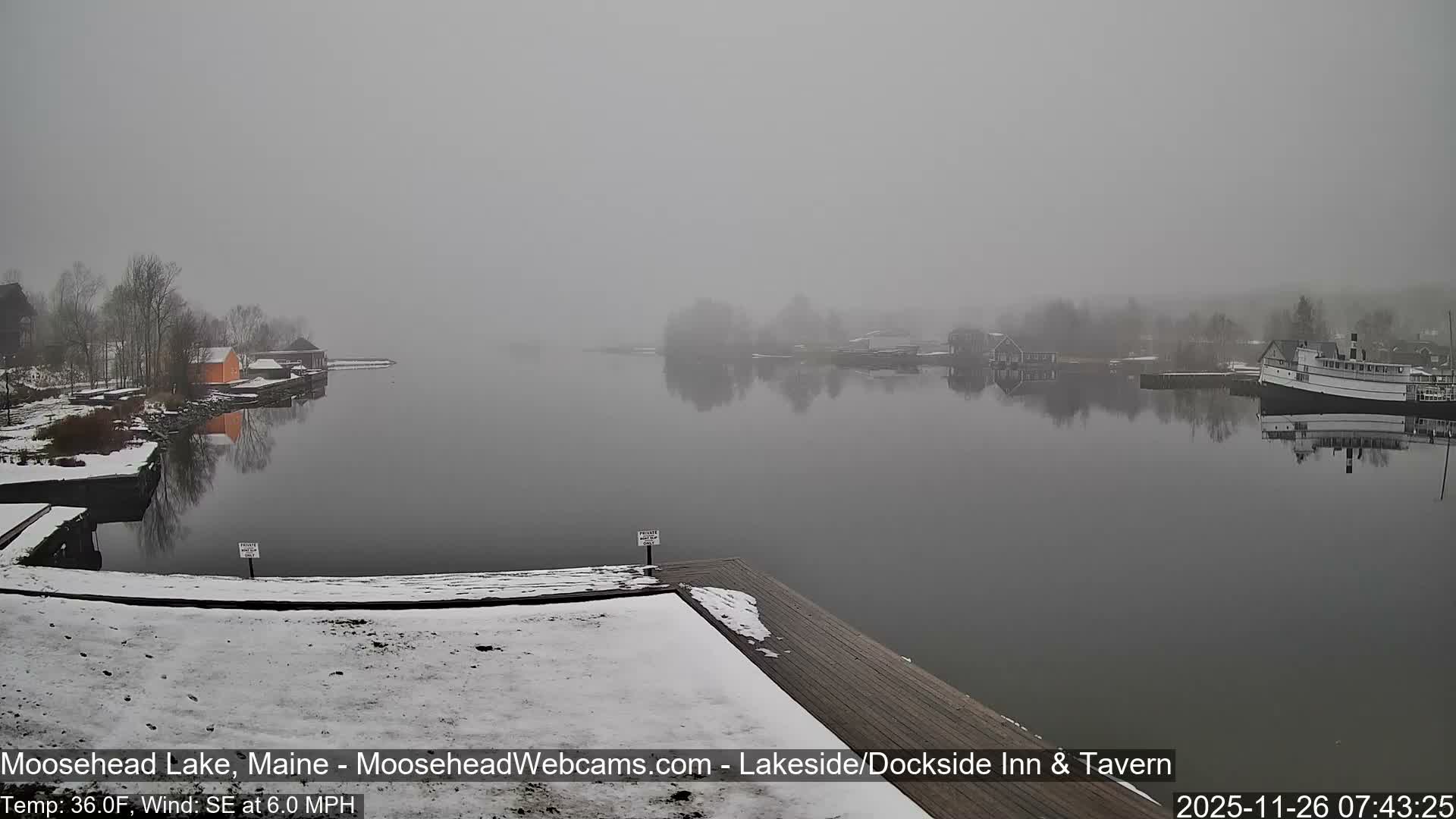Trump Administration Ends Temporary Protected Status for Myanmar Citizens Amidst Controversy
The Trump administration has announced a significant policy shift, terminating the Temporary Protected Status (TPS) for approximately 4,000 citizens of Myanmar currently residing in the United States. This decision, which is slated to become effective on January 26, 2026, is based on the administration's assessment that conditions in Myanmar (also known as Burma) have improved sufficiently to allow for their safe return.
Official Justification and Perceived Progress
Secretary of Homeland Security Kristi Noem confirmed that a comprehensive review by U.S. government agencies concluded that the TPS designation for Myanmar was no longer warranted. In a statement, Ms. Noem underscored the inherently "temporary" nature of the TPS program. She asserted that Burma has made "notable progress in governance and stability," citing the cessation of its state of emergency, upcoming plans for "free and fair elections," the successful implementation of ceasefire agreements, and enhancements in local governance that contribute to improved public services and national reconciliation.
Widespread Criticism and Contradictory Assessments
However, this move has been met with considerable alarm and criticism from human rights organizations and international observers. Critics contend that the administration's rationale dramatically misrepresents the severe and ongoing turmoil within Myanmar. The nation has been grappling with intense political instability and a widespread human rights crisis ever since the military junta seized power in a 2021 coup, overthrowing the democratically elected civilian government and sparking a nationwide armed resistance movement.
Mr. John Sifton, Asia advocacy director at Human Rights Watch, vehemently rejected the U.S. government's official analysis, labeling it "fantastical." Sifton argued that there have been no genuine improvements in either governance or stability. He dismissed the military's revocation of the state of emergency as inconsequential and characterized the junta's announced elections for December and January as mere "theater" – a "sham" rather than a credible democratic process. He particularly highlighted the continued banning of opposition parties and the persistent imprisonment of former leader Aung San Suu Kyi as evidence against any claims of democratic progress.
State Department's Conflicting Warnings
Adding a layer of complexity to the situation, the U.S. State Department itself maintains a starkly different public stance regarding Myanmar's safety. It explicitly advises American citizens not to travel to the country, citing "civil unrest, armed conflict, and arbitrary enforcement of local laws." Furthermore, the department's own human rights report on Myanmar, published in August, detailed "significant human rights issues." These included credible reports of arbitrary killings, enforced disappearances, torture, persecution of journalists, and severe restrictions on religious freedom. The report also documented an escalation in conflict, marked by increased military airstrikes and artillery attacks targeting or near civilian populations.
The report also underscored the tragic deaths of two senior opposition leaders who died after being arbitrarily detained by the military government, further illustrating the severe risks within the country.
Broader Context of Immigration Policy
This decision aligns with the Trump administration's broader approach to immigration, which has seen the revocation of TPS designations for nationals from several countries since his inauguration. Notably, the previous Democratic administration under President Joe Biden had extended Myanmar's TPS for 18 months, with that extension concluding on November 25. The impending expiration leaves approximately 4,000 Myanmar nationals in the U.S. facing an uncertain future, caught between a policy change and a reality on the ground that many describe as perilous.







